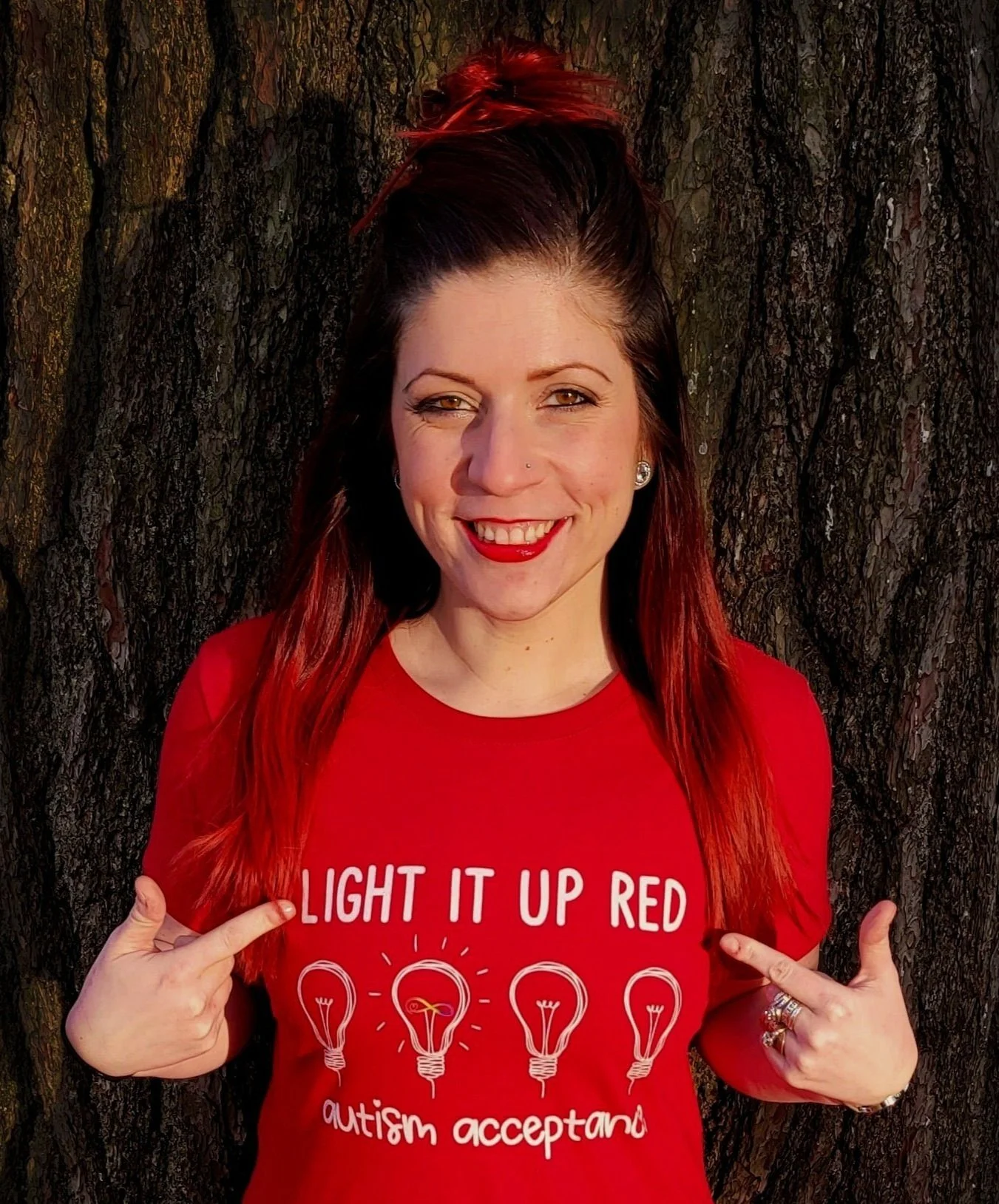
Psychological
Assessment
Helping Neurodivergent adults feel deeply-understood and empowered in their true selves.
Psychology has a big problem…
Inaccurate stereotypes, outdated assessment methods, and racial disparities pervade the psychology field, leaving most high-masking adults feeling invalidated, unsupported, and suffering from secondary mental health disorders.
Research suggests that 80% of Autistic AFABs are not diagnosed until adulthood, if they are at all (McCrossin, 2022). Numerous “high-achieving” ADHDers are also missed, especially if they are trauma survivors.
Newsflash: most adults have experienced trauma of some form, and this is not a reason to gatekeep life-saving diagnoses.
You may be struggling with chronic anxiety, depression, suicidality, disordered eating patterns, or substance dependance, which are common in high-masking Neurodivergent adults who haven’t been affirmed in their true selves.
Maybe you have tried talking to therapists about your self-perceptions, or even went through lengthy, expensive evaluations that did not provide the answers or support you deserve.
While self-ID is valid, you may struggle with chronic self-doubt or need formal diagnoses to access accommodations and supports.
You may feel rightfully-hesitant to trust a licensed professional to provide an accurate and affirming assessment that truly understands you.

Diagnostic injustice is the norm...
Experience the exception.
Comprehensive assessments via telehealth for adults in MA, CA, & WA
Dr. Burnett is an AuDHDer and depth psychologist who strives to:
see beneath your mask and fully understand your lived experiences
answer why you have been struggling in a nuanced and affirming way
provide targeted treatment recommendations and daily-living strategies
advocate for workplace accommodations and medication access
empower your true self and help you feel ready for more authentic living
A truly-affirming and transformative testing process:
-
Dr. Burnett is a detailed, deep-diver and expert in differential diagnosis who is committed to getting to the rootof your struggles and providing insights that are actually helpful. She uses the most affirming measures available and spends extensive time conducting in-depth clinical interviewing to truly understand your lived experiences. This is in contrast to many traditional assessments, which rely on performance-based measures that miss most high-masking adults.
You will receive a full clinical conceptualization that includes formal diagnoses and insight into the intersection of neurodevelopmental differences (ex. autism, ADHD, dyspraxia), cultural/family dynamics, secondary mental health disorders, personality dynamics/defenses, and how masking and other trauma adaptations helped you survive oppressive environments. Rather than trauma being a “rule-out,” it is often viewed as a factor in why you learned to mask. While no specific diagnoses are guaranteed, Dr. Burnett is more likely than most psychologists to confidently-identify high-masking Autistic and/or ADHD presentations.
Your written report also provides therapy treatment targets, information for psychiatric/medical providers, workplace accommodations, and neurodiversity-affirming self-care/daily living strategies.
See FAQs for more information.
-
Differences, not deficits. Your report is written through a neurodiversity-affirming lens, which uses strengths-based and identity-first language to describe your neurotype(s).
Dr. Burnett strives to provide an empowering experience during the testing process and while writing your report. While she speaks to struggles and support needs within the context of neurotypical majority culture and systemic ableism, the only things described as “pathological” are the traumas you experienced and the painful coping mechanisms you developed that are no longer serving you.
Once neurodevelopmental differences are identified, integrated, and supported, secondary mental health symptoms tend to decrease substantially. Clients begin to see themselves in a more positive light, feel empowered in their strengths and connected to a larger community, experience less self-blame, courageously-grieve the traumas they’ve endured, start engaging in more self-advocacy, and practice living in more authentic and fulfilling ways. -
Neurodivergent adults are much more likely to be trans or non-binary. You deserve gender-affirming care that uses your real name, correct pronouns, and does not view your experience of gender as a pathological “symptom” of your neurotype(s), or a reason to gatekeep diagnoses.
Most of the measures Dr. Burnett uses aren’t normed on cisgender people or limited by the gender binary, but several antiquated measures are often necessary to ensure access to supports. When this happens, Dr. Burnett is thoughtful in selecting the norms that are least-likely to under-identify your struggles.
Due to the inherent weaknesses in quantitative measures, Dr. Burnett’s testing process always prioritizes data from in-depth clinical interviewing during interpretation.





